Retro Replay Review
Gameplay
The Lost Cases of Sherlock Holmes offers a meticulously crafted hidden object experience that keeps players engaged through sixteen distinct cases. Each case appears as a book on a virtual shelf, giving a clear sense of progression and accomplishment as you unlock new mysteries. The core mechanic revolves around finding period-appropriate items scattered across richly detailed scenes, all within a set time limit.
(HEY YOU!! We hope you enjoy! We try not to run ads. So basically, this is a very expensive hobby running this site. Please consider joining us for updates, forums, and more. Network w/ us to make some cash or friends while retro gaming, and you can win some free retro games for posting. Okay, carry on 👍)
What sets this title apart is its integration of mini-games triggered by special objects. For instance, discovering a locked jewel box transports you into a dial-turning puzzle that must be solved to advance. Other diversions include sliding-tile challenges, concentration matches, and jigsaw reconstructions of shattered gems. These diversions break the monotony of seek-and-find and feel thematically consistent with the case at hand.
Hints aren’t unlimited and must be earned by locating pieces of Holmes’ own attire—his pipe, cap, or magnifying glass. This clever design encourages thorough exploration and rewards observant players. The magnifying glass itself can be activated at any time to momentarily highlight hidden objects, which is especially useful when you’re running low on time or stuck on a particularly tricky scene.
Finally, the suspect board at the end of each case adds a logical deduction element. Portraits are arranged in a grid based on characteristics—gender, occupation, and distinctive traits like eyeglasses—forcing you to apply clues collected during the search. This blend of hidden object play with deductive reasoning elevates the gameplay beyond simple item hunting and makes The Lost Cases of Sherlock Holmes feel like a genuine detective experience.
Graphics
Visually, The Lost Cases of Sherlock Holmes excels at recreating Victorian-era settings. Every scene is meticulously detailed, from cluttered study desks to foggy London streets. The objects you’re tasked with finding look like they genuinely belong to the late 19th century—no anachronistic out-of-place items here.
Background art is lush and atmospheric, with muted color palettes that evoke gaslight-lit rooms and cobblestone alleys. Animations are subtle but effective: papers rustle, curtains sway, and Holmes himself occasionally adjusts his pipe or hat as you search. These small touches add life to each tableau without distracting from the object search.
The user interface is clean and intuitive. Timers, hint meters, and clue lists are displayed unobtrusively along the edges of the screen, leaving the central visual area free for exploration. The transition animations—opening a new book on the shelf, zooming into a scene, or shifting to a mini-game—are smooth and maintain immersion.
Mini-games also benefit from sharp, well-defined graphics. Puzzle pieces snap into place crisply, and rotating dials on locked chests have a satisfying tactile feel. Overall, the graphical presentation never feels static or stale, and the consistent art style across all sixteen cases reinforces the sense of a cohesive Victorian mystery anthology.
Story
While hidden object games often take a backseat when it comes to narrative, The Lost Cases of Sherlock Holmes delivers a surprisingly coherent storyline. Each case is presented as a self-contained chapter, yet recurring characters and references tie the anthology into a larger tapestry of intrigue. Holmes and Watson’s banter between cases provides lighthearted interludes that capture the spirit of Arthur Conan Doyle’s original tales.
Case briefs are delivered in the form of letters and newspaper clippings, setting the stage for each investigation. You’ll chase down missing heirlooms, expose crooked jewelers, and unmask imposters with motives ranging from blackmail to espionage. Though the plots are uncomplicated, they maintain a steady pace and reinforce the feeling that you’re stepping into Holmes’ shoes.
Dialogue is concise but effective, with Watson providing contextual commentary and Holmes offering cryptic hints when necessary. NPCs you encounter occasionally speak in stilted, period-appropriate prose, reminding you of the game’s literary lineage. While you won’t find plot twists on the level of A Study in Scarlet, the simplicity of the cases is part of the game’s charm and makes for accessible, enjoyable play sessions.
The suspect-sorting mechanic at the end of each case ties the story neatly together, giving a sense of resolution before moving on to the next mystery. This final deduction phase transforms what could be a repetitive structure into a rewarding mental exercise, reinforcing both the narrative and the player’s role as detective.
Overall Experience
The Lost Cases of Sherlock Holmes strikes an excellent balance between casual and immersive gameplay. Hidden object enthusiasts will appreciate the consistent challenge and cleverly integrated mini-games, while mystery fans will enjoy the thematic nods to Conan Doyle’s universe. Each case feels fresh thanks to diverse settings, unique objectives, and variegated puzzles.
Pacing is handled well: you alternate between high-pressure timed searches and more relaxed puzzle-solving segments, preventing fatigue and keeping engagement high. The hint system encourages diligent exploration without feeling punitive, and the suspect board adds intellectual depth by requiring you to synthesize clues rather than simply click through an inventory list.
The presentation—both visual and auditory—is polished, creating a cohesive atmosphere that captures Victorian London’s charm and mystery. Whether you’re an experienced hidden object player or a newcomer intrigued by Sherlock Holmes, there’s enough content to justify many hours of play. The sixteen cases offer a substantial runtime, and the gradual increase in difficulty maintains a satisfying learning curve.
In sum, The Lost Cases of Sherlock Holmes is a thoughtfully designed hidden object adventure that honors its source material while providing modern gameplay sensibilities. Its blend of item searches, mini-games, and deductive puzzles offers variety and depth, making it a standout title for anyone seeking a cerebral yet accessible gaming experience.
 Retro Replay Retro Replay gaming reviews, news, emulation, geek stuff and more!
Retro Replay Retro Replay gaming reviews, news, emulation, geek stuff and more!
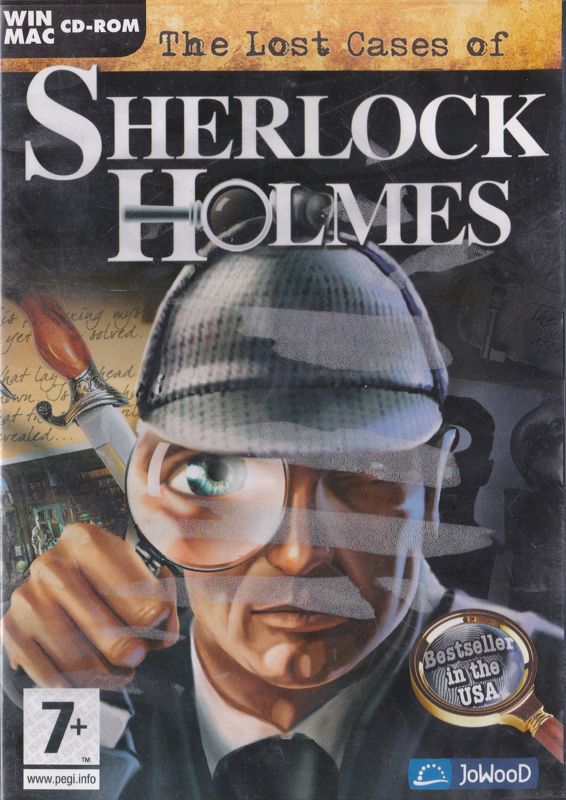
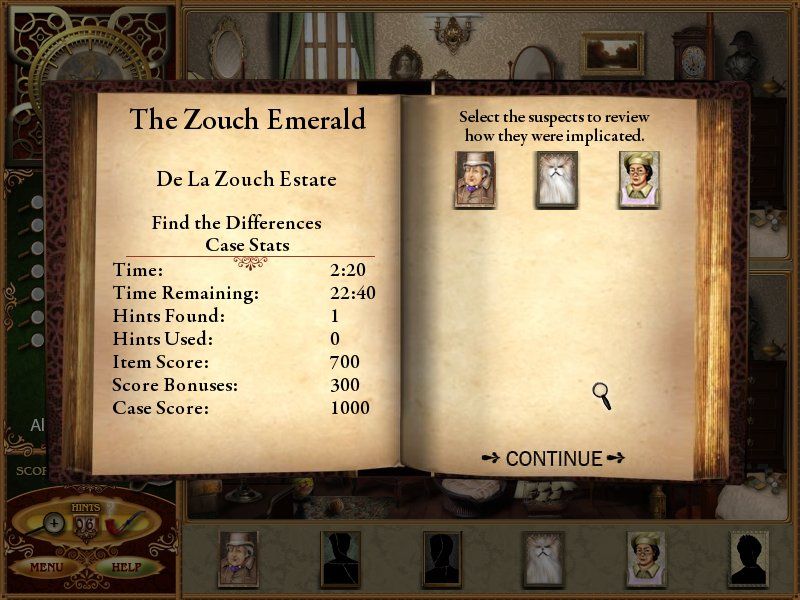
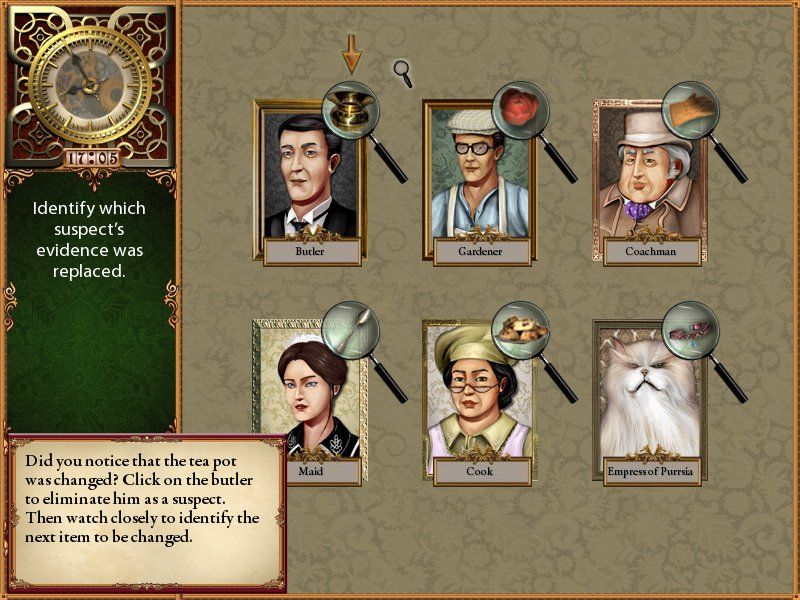
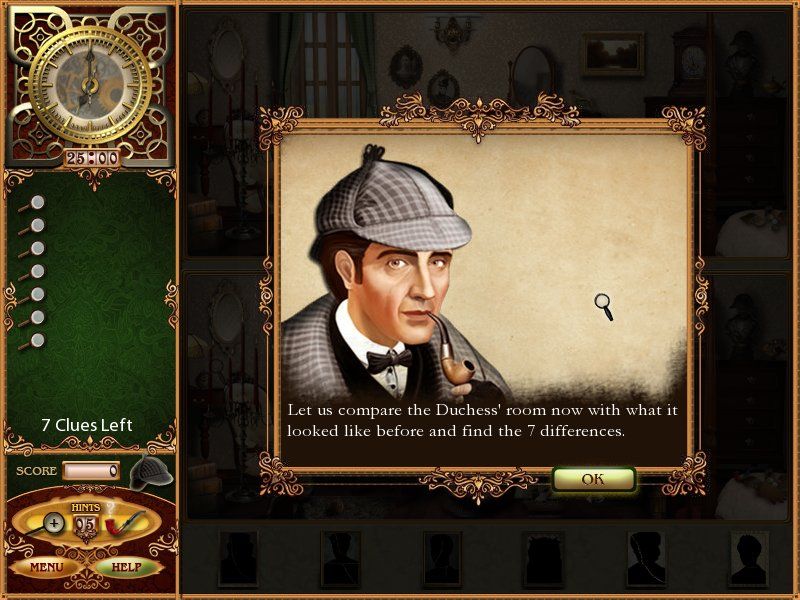
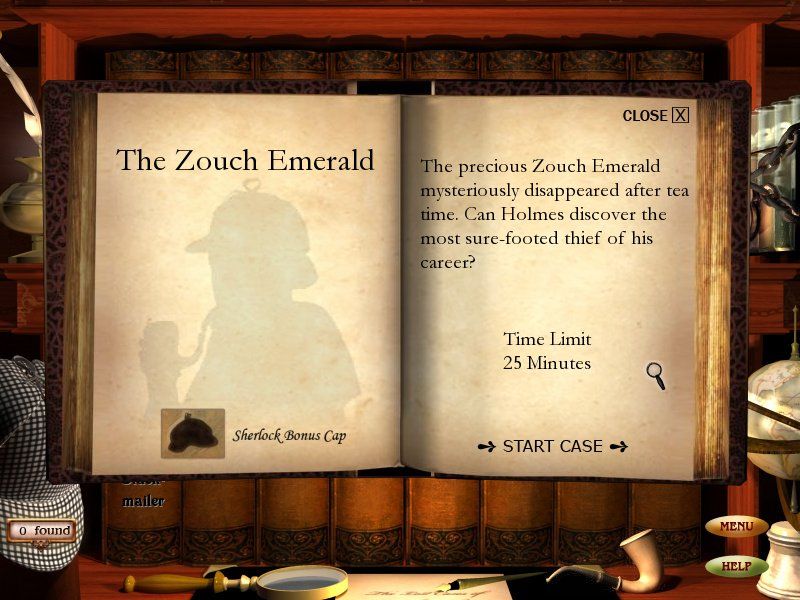
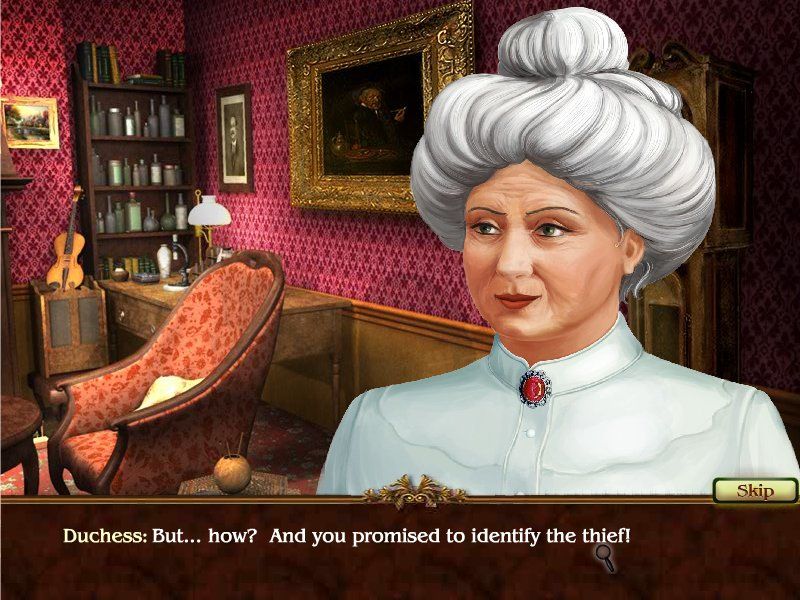



Reviews
There are no reviews yet.